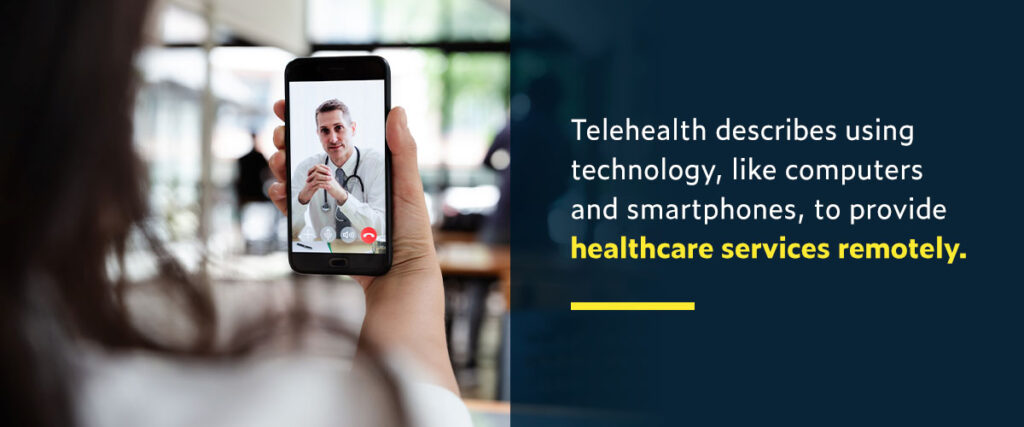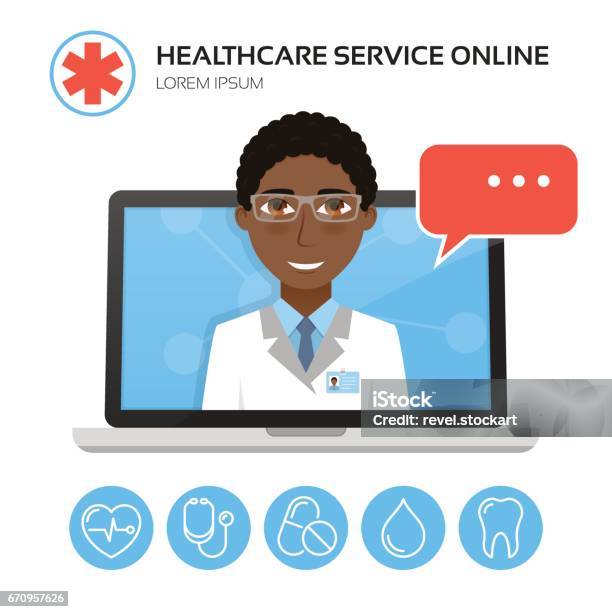The Increase of Subscription-Based Health Care and Its Effect on Client Care
As health care advances, the subscription-based version is getting grip, assuring to revolutionize person care by using predictability and accessibility. The capacity for these designs to reshape healthcare distribution increases pressing concerns about their long-lasting sustainability and inclusivity. Are these registration services the future of healthcare, or do they risk leaving susceptible populaces behind?
Understanding Registration Medical Care Models
Grasping the idea of registration healthcare versions entails analyzing a transformative strategy to medical solutions that emphasizes price and availability. These versions, typically referred to as straight medical care (DPC) or concierge medicine, have arised as ingenious choices to conventional fee-for-service healthcare systems. Subscription healthcare allows clients to pay a fixed monthly or annual charge for a specified collection of medical solutions, which may include limitless workplace visits, routine exams, and standard laboratory tests, without the need for traditional insurance billing.
The framework of registration health care designs is made to streamline client care by getting rid of third-party payers and complicated payment codes, therefore lowering management burdens. Doctor can concentrate more on individual care, cultivating more powerful patient-provider partnerships. This version also advertises preventative care by encouraging regular visits, as the economic obstacle of per-visit costs is eliminated.
The membership model commonly equips doctor to take care of smaller sized patient panels, allowing for even more tailored care. It aligns economic incentives with individual health end results, as service providers are encouraged to keep person satisfaction and wellness. Generally, recognizing registration healthcare designs needs identifying their potential to reshape exactly how treatment is supplied and accessed.
Advantages for Providers and people

For carriers, subscription-based models provide the chance to strengthen patient-provider partnerships. With a constant revenue stream, healthcare professionals can devote even more time per client, resulting in a much more personalized and detailed care experience. This model also decreases reliance on high patient quantities, alleviating burnout and improving job complete satisfaction. In addition, the emphasis on preventive care within membership strategies can lead to far better patient end results and decreased lasting healthcare costs. By concentrating on constant treatment, companies can deal with issues prior to they intensify, ultimately profiting the health care system as a whole by lowering the problem on emergency and acute treatment solutions.
Issues and obstacles
While subscription-based medical care models present countless advantages, they also come with a collection of challenges and problems that need to be resolved. This raises ethical questions regarding equitable access to healthcare solutions.
Financial sustainability of subscription-based models is one more worry. Suppliers should stabilize the set earnings from memberships with the variable expenses of health care solutions, which may fluctuate due to unforeseen medical demands. This can create stress to restrict services or rise fees, possibly impacting patient my explanation contentment and care quality.
Additionally, regulatory oversight of subscription-based healthcare versions is still evolving. The lack of standardized frameworks can my sources bring about inconsistent solution top quality and liability, making complex initiatives to ensure client security. Finally, the integration of technology-- often a cornerstone of these models-- increases concerns about information privacy and security, as delicate person information might be prone to violations. Dealing with these obstacles is vital for the fair and successful implementation of subscription-based healthcare.
Impact on Patient-Doctor Relationships
One considerable impact of subscription-based healthcare models on patient-doctor partnerships is the capacity for enhanced continuity and customized treatment. By taking on a membership version, physicians can handle a smaller sized patient panel, allowing for even more specialized time with each person. This enhanced availability cultivates a much deeper understanding of a patient's medical history, way of life, and choices, making it possible for extra tailored treatment plans and interventions.

Nonetheless, it is essential to identify that while subscription-based versions may profit those that can afford them, they can inadvertently expand healthcare disparities. Clients that are not able to take part in these models could experience decreased access to personalized care, potentially affecting their relationships with healthcare suppliers. Hence, while the membership model offers promising advantages for patient-doctor connections, it additionally presents difficulties that require to be addressed to make certain equitable healthcare access.
Future of Medical Care Access

The duty of technology can not be forgotten in this makeover. Telemedicine platforms and digital wellness documents promote seamless communication in between people and doctor, damaging down logistical and geographical barriers. Furthermore, improvements in expert system and data analytics can further personalize healthcare by predicting person needs and optimizing treatment strategies.
Nonetheless, the future of health care gain access to likewise offers challenges, such as making sure equity across different socio-economic teams. Policymakers and medical care carriers have to collaborate to connect the electronic divide, ensuring that subscription-based versions continue to be comprehensive and cost effective. As these systems develop, they hold the pledge of making healthcare much more obtainable, reliable, and patient-centric.
Conclusion
Subscription-based healthcare versions are reshaping person treatment by offering a steady price framework and boosting access. These models strengthen patient-provider connections through customized treatment and normal brows through, stressing preventative health and wellness. Regardless of these benefits, difficulties such as accessibility issues for low-income populaces and the demand for fair medical care remedies linger. The surge of subscription-based healthcare encourages positive patient interaction, which has the possible to improve individual results and fulfillment, signifying a transformative change in healthcare shipment.
As health care advances, the subscription-based design is gaining grip, promising to change client care by using predictability and availability.Subscription-based health care models offer distinctive benefits for both people and service providers, boosting the general medical care experience.As health care systems develop, the future of health care gain access to regularly pivots on the integration of ingenious models and modern technologies.Subscription-based healthcare designs are reshaping person care by providing a secure price framework and improving accessibility. The rise of subscription-based medical care urges aggressive person involvement, which has the potential to improve person results and complete satisfaction, indicating a transformative change in healthcare delivery.